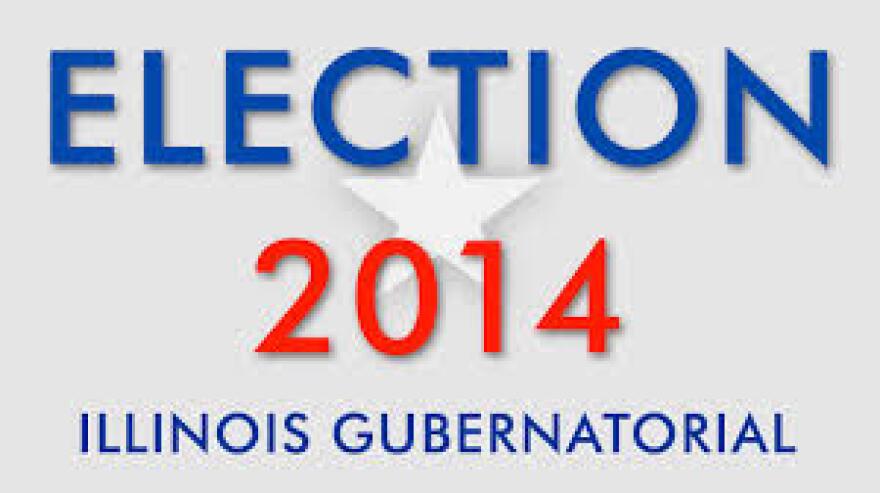The debate portion of the Illinois governor’s race is over. Monday night's debate may have given voters a little clarity.
Now - that doesn’t mean there wasn’t any mud-slinging or repetitive campaign refrains. There was a lot of that. But we did get some answers on issues that have popped up in all three debates. Like what Governor Pat Quinn would do when the 5 percent income tax rate ends in 2015.
QUINN: We need to maintain the income tax, at the same time give annual, direct, property tax relief - a 500 dollar refund - to every single homeowner in this state.
Though Quinn wouldn’t say what he’d do if he LOSES the race.
Meanwhile in NEW issues to the debate cycle - Republican challenger Bruce Rauner came out in full support of immigration reform.
RAUNER: I am very pro-immigrant, I am very pro-immigration reform. I support the DREAM Act, I support comprehensive immigration reform, and I want to make Illinois a welcoming state for immigrants from all over the world.
Rauner also said he wouldn’t repeal - and is comfortable with - the state law on same sex marriage.
--
Quinn and Rauner disagreed on whether to impose a moratorium on new charter schools in Illinois.
Rauner is a supporter of charter schools, where teachers usually are not
unionized. He says ``we need options for parents.'' Rauner and his wife have
given millions of dollars to charter schools.
The businessman from Winnetka also supports voucher programs, which typically
provide public funds to help pay private-school tuition.
Quinn says Illinois should impose a three-year moratorium on charter schools so
the state can determine if they perform better than public schools.
The Chicago Democrat says: ``We need to invest in public education.''
He also opposes school vouchers.







